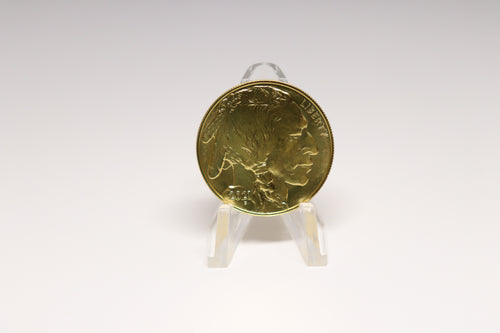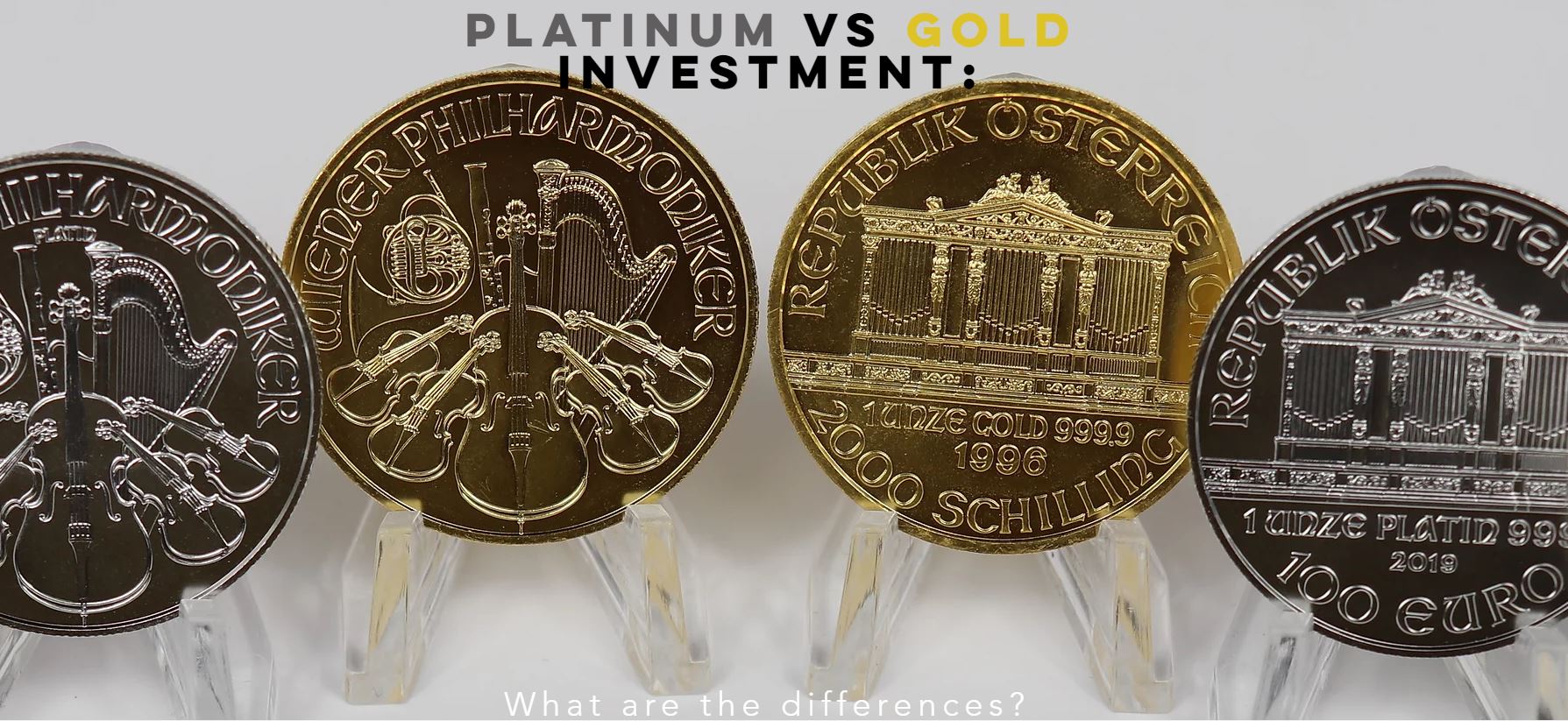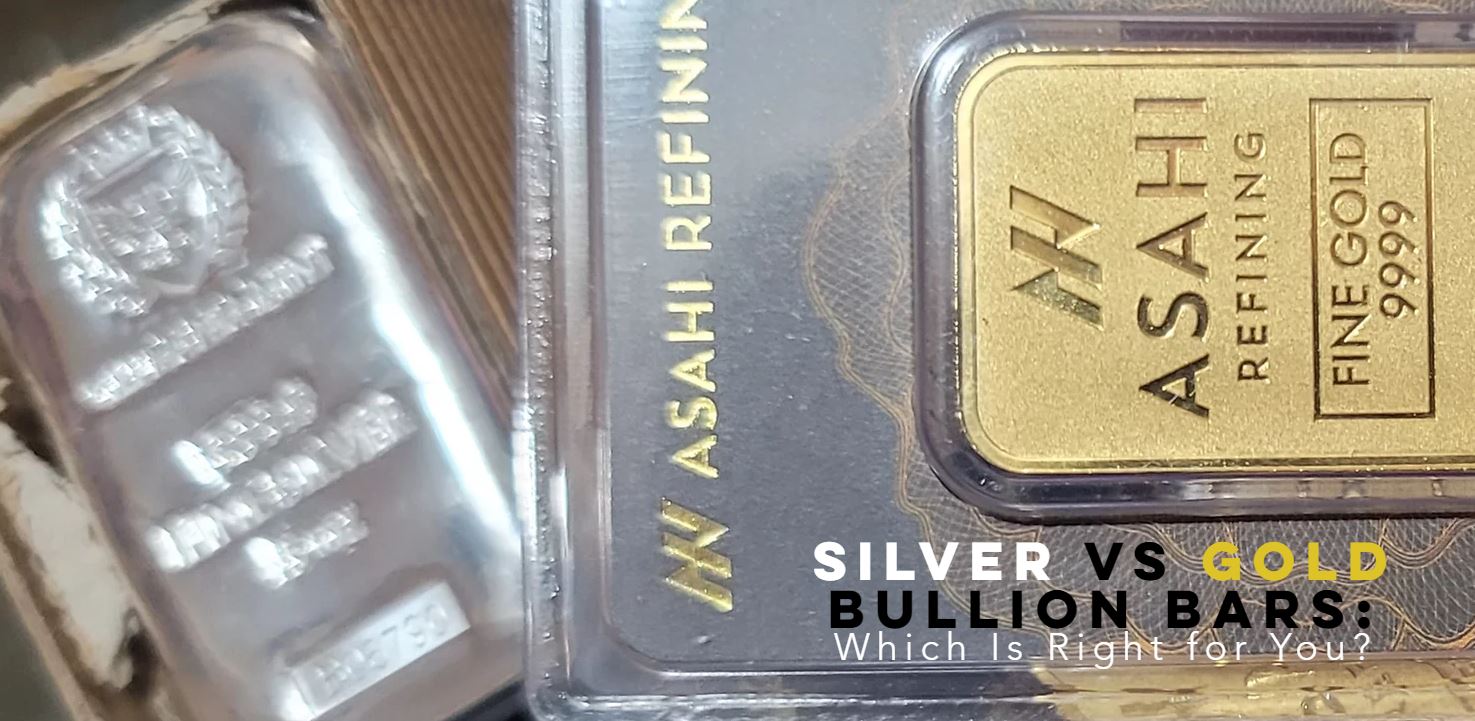Kyle Jernigan - January 19th, 2022
What is Spot Price? A Guide For Beginners

What is spot price and how does it compare to futures price?
If you're asking yourself this question, it's vital that you know the answer before you spend a cent on any kind of investment. This is because by not understanding what the spot price is, whether it be the spot price of gold or silver, you won't be able to make the best investment.
Luckily, this article will guide you through the definition of the spot price, what it is, and how it works. By knowing about spot prices and how they compare to futures prices, you will also understand more about investment volatility and when to make your investment.
To start off, let's take a better look at the definition of the spot price, especially as it relates to precious metals.
What Is Spot Price
The concept of the spot price is actually very simple. The spot price is the price of an asset such as silver as it is currently. When you buy an asset at its stock price, you would be buying it as it is on the market at that very moment.
Spot prices can change according to the time and place. Most assists have somewhat volatile spot prices that change almost constantly.
If you're a new investor, you may be wondering how you can make a good investment on an asset if its price is always changing.
Something you should know is that you should not rely too heavily on spot prices when it comes to making your investment. This is because, while spot prices do tend to change, they usually will not change so much that it will damage your investment. Some assets also have spot prices that fluctuate more than others.
For example, the spot price of silver may be more volatile than the spot price of gold. This is because silver is bought often as an investment but also in high demand from industries that manufacture electrical devices. On the other hand, the price of gold remains relatively stable in comparison.
This is because, even though gold can also be used in electronics, it is mainly used for investment purposes and for jewelry. People treat gold as a "safe-haven" investment, meaning people tend to buy up gold during times of economic uncertainty because the price of gold is historically so stable.
So far, the concept of the spot price seems simple. However, there is one thing you might not know: spot prices are usually compared to futures prices.
So, what are futures prices exactly?

Last month's giveaway prize. No better spot price than free! Visit our social media profiles to see our GAWs on the 1st of each month!
What Is the Futures Price
There is not much to think about when it comes to spot prices. When you buy or sell a stock at the spot price, you are trading the stock for a designated amount of cash that you are aware of. When it comes to futures prices, however, things can get a little more complicated.
Futures prices are determined by futures contracts. Futures contracts are based on the spot price of a certain asset, but, as the name suggests, futures contracts try to predict the future price of that asset. How is this done?
Futures contracts take into consideration the current price of an asset, that is, the spot price, but then also take into consideration factors that might affect that price in the future.
These factors can include the cost of shipping and storage, changes in supply and demand, as well as the rate of return and the contract's maturity date.
Some of these factors may be easier to predict depending on when the maturity date of the contract is. For example, if your futures contract won't mature for a long time, you can expect the asset in question to increase in price due to the need for storage costs. On the other hand, storage costs might not be something you need to consider if your contract is brief and the asset in question won't be in storage for very long, if at all.
At the end of the day, futures prices and contracts consist of nothing more than educated guesses about the future price of an asset.
However, by knowing more about the details of futures prices and spot prices, you can better understand what factors might effect the prices of certain assets.
The Details of Spot and Futures Prices
It is important to know that spot prices and futures prices are often very different. However, you should keep in mind that the futures price of an asset does not always mean that the asset will be more expensive in the future. The futures price all depends on the various economic factors explained earlier.
In some cases, futures prices may even be lower than the spot price. Futures prices can go in one of two ways: contango or backwardation. While contango may sound like a strange word, it only refers to the event of the futures price dropping to match the lower spot price.
On the other hand, backwardation refers to when the futures price instead rises to match the higher spot price. When it comes to contango, contango prefers shorter positions since the futures contracts tend to decrease in value as the maturity date of the contract approaches.
On the other hand, backwardation prefers long positions since its price is expected to increase as the futures contract approaches the date of maturity.
Understanding the Spot Price
By the end of this article, you should no longer be asking yourself, "What is spot price?" Instead, you now know what the spot price is and how it compares to the futures price.
With this information, you can make much better investment decisions whether you decide to invest by the spot price or by the futures price.
To learn more, contact us here.

Unedited photo of a Gold Buffalo Coin taken at one of our IC facilities.




Thanks for the explanation about spot prices and futures prices!
Ok great
OK
Interesting. So, how will we really know when it is a good time to buy? It almost seems like a guess – like the lotto.
I love the beginner guides, they help so much as a newb.